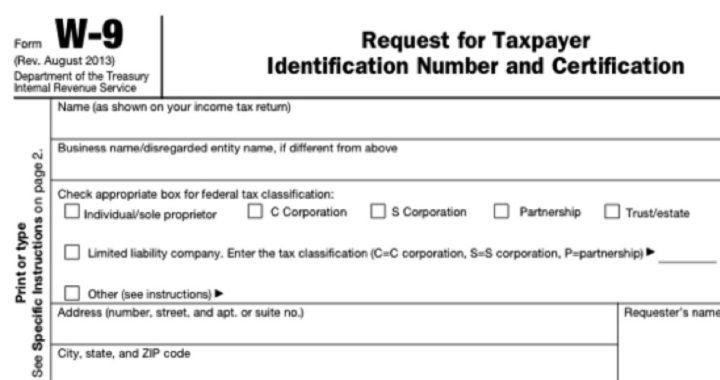
The whining from IRS Commissioner John Koskinen began almost from the day he was sworn in as the latest head of the dreaded agency back in December: not enough funding, not enough agents, not enough audits, too many responsibilities, nobody cares — dang. Last year the IRS audited less than one percent of all returns from individuals, the lowest rate since 2005. Koskinen lamented that this year “the numbers will go down [even further].”
Koskinen said that if he only had more funding, he could squeeze more from the taxpayer — much more. President Obama’s budget proposal is asking Congress for an increase in IRS funding by $2 billion, noting that it would result in at least six times that much in additional revenues flowing to the U.S. Treasury. Instead, says Koskinen, Congress is deaf to his pleadings:
I say that and everybody shrugs and goes on about their business.
I have not figured out either philosophically or psychologically why nobody [in Congress] seems to care whether we collect the revenue [we are owed] or not.
It’s hard to be sympathetic for the head of what a majority of citizens consider the most feared agency of the federal government — an agency with a budget of more than $11 billion and some 90,000 agents collecting more than $2.4 trillion from more than 234 million tax returns. Despite all that, however, Koskinen still feels inadequate to the task:
We keep going after the people who look like the worst of the bad guys. But there are going to be some people who we should catch, either in terms of collecting the revenue from them, or prosecuting them, that we’re not going to catch.
It’s rough for the head of the agency that has been handed additional enforcement duties thanks to ObamaCare, while having his budget cut by nearly seven percent last year. But in an election year, another $2 billion is going to be one tough sell. As Rep. Ander Crenshaw (R-Fla.), the head of the House subcommittee that oversees the IRS, put it, Obama’s request is “both meaningless and pointless.”
In addition, more and more IRS field agents are being transferred to identity theft cases, leaving fewer to harass the taxpayer. As a result, of the 1.4 million audits performed last year, more than a million were “correspondence” audits, done by mail instead of through face-to-face interrogations.
With more responsibilities and fewer resources, relatively speaking, Koskinen’s gang is focusing on those taxpayers with home office expense deductions and large charitable deductions, as well as those with higher incomes. For instance, those with incomes of $1 million or more have one chance in nine of being audited, while those making more than $5 million have one chance in four.
According to the statistics of the IRS itself, as shown in their latest “Enforcement and Service Results” report, for taxpayers making less than $200,000 the audit rate is just .88 percent, down from 1.04 percent in 2010, while those in higher brackets are also enjoying lower audit rates. For taxpayers making between $200,000 and $1 million, the audit rate dropped to 3.26 percent compared to 3.93 percent in 2011.
In 2013, the IRS collected $53 billion from those audits, which included extra taxes, penalties, and interest. That is down from the $57 billion squeezed out of taxpayers in 2010, partly because of the budgetary constraints and the piling on of additional enforcement responsibilities under ObamaCare. The numbers were also declining because the number of actual IRS “enforcement” agents has also dropped. Last year they numbered 19,531, down from 22,710 in 2010, the lowest number in a decade.
There is a huge part of the economy that Koskinen can’t touch even if he had all the money and agents he wanted: the underground economy. Often called the black market or the shadow economy, it’s the cash and/or barter economy that generates $2 trillion of business without any taxes at all. Its size continues to be debated but is the best explanation for why retail sales have substantially outpaced increases in reported income for years.
When Ms. Kevin Kalmes was fired from her job, she started selling items from her basement just to keep food on the table. Neighbors began bringing over their discards for her to sell as well, and Kalmes now has a thriving underground business in her basement. She told Bloomberg Businessweek, “I just kept the basement sale open, forever, without getting permits.”
Two college professors looking into the size of the shadow economy estimate that nearly 20 percent of all income in the country isn’t reported to Koskinen and his gang. From their point of view, that “costs” the government an estimated $450 billion to $500 billion.
It’s hard to generate sympathy for Koskinen, who has to get along the best he can on $11 billion. He has a hard job to do — perhaps the most unpopular one in the country.
But his troubles are more than offset by the audible sigh of relief from his targets, along with those who successfully ignore him altogether.
A graduate of Cornell University and a former investment advisor, Bob is a regular contributor to The New American magazine and blogs frequently at www.LightFromTheRight.com, primarily on economics and politics.



